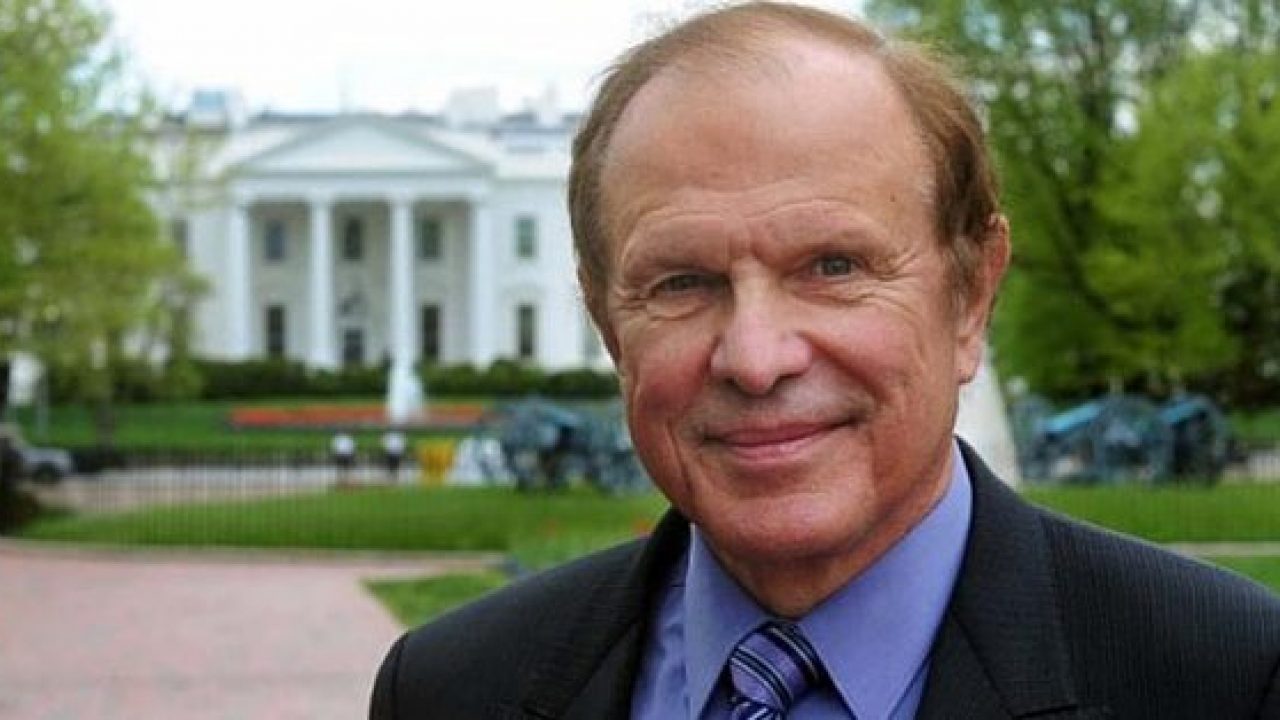Ray Lesniak's Book Tells Tale of How He Beat Feds Who Wanted to Ban Sports Betting
It was 1967 and Bill Bradley was at Madison Square Garden in New York City, playing in one of his first NBA games as a rookie for the New York Knicks.
With a few seconds left in the game, the Knicks lead by a couple of points.
Bradley had the ball.
As time ran out, rather than take an unnecessary shot, Bradley simply dribbled out the clock and the Knicks won.
Many in the crowd started to boo.
What was going on, the naïve young rookie wondered, why were the fans booing when we won the game?
In the locker room after the game, one of Bradley‘s teammates set him straight.
The Knicks were favored by three points in the game, it was explained, so even though they won the contest, they didn’t cover the pointspread for the fans at the game who had bet on the Knicks.
And because Bradley had declined to take a final shot in the waning seconds—a shot that would’ve covered the spread for the Knicks had it been good—Bradley was a villain in the eyes of the gamblers that lost their bets and was thusly booed.
Bradley, who knew nothing about pointspreads or gambling, was appalled, and never forgot the incident.
Fast-forward 25 years: It’s 1992 and Bradley is a U.S. senator, representing New Jersey.
Still disgusted by the whole concept of sports betting, he sponsors legislation called the Professional and Amateur Sports Protection Act or PASPA, which bans legal sports betting in the 46 states that don’t already have it.
President George H.W. Bush signs the bill and it becomes law.

CLICK HERE TO ORDER NOW
Single-game sports betting remains legal in Nevada and parlay betting remains legal in Delaware, Montana and Oregon, but no other state may legalize and offer any type of sports wagering, including New Jersey, with its numerous casinos in Atlantic City.
And that’s where the law stood for about 25 years, until a little-known state senator from New Jersey named Raymond J. Lesniak wondered why Las Vegas casinos were allowed to have legal sports betting but Atlantic City casinos were not.
Lesniak, a shrewd attorney, knew that PASPA violated the U.S. Constitution—the Federal government can’t let one state have an industry but ban another state from having the same industry, in this case legal sports betting.
promoted content
https://t.co/B6FjZ7ol2x
— Power Pay Per Head (@powerpph) August 8, 2022
New Blog Post#payperhead
The only reason PASPA had lasted so long was because no one had ever challenged it in court.
So on behalf of the State of New Jersey, Lesniak decided to do just that.
He sued and sued and sued, all the way up to the U.S. Supreme Court, which overturned PASPA in 2018 as unconstitutional and opened the door for all 50 states to offer legal sports betting if they chose.
Lesniak wrote a book about his efforts to get sports betting legalized nationwide, and the book, called “Beating the Odds,” has recently been re-released in a paperback edition, with added material.
Gambling 911 has read the book and can report that it is a fascinating, behind the scenes look at the process undertaken by Lesniak and his cohorts to overturn the long-standing law limiting legal sports betting in America.
Lesniak takes what was a long, tedious and drawn-out legal process to nullify a Federal law and turns it into snappy reading in short, easy to digest chapters.
The book has only 75 pages and can easily be read in one sitting.

The man, the myth.... Not you Thomas Somach. We are here with the Senator single handed my responsible for legalizing sports betting in the US. Live from @bet_bash pic.twitter.com/hvn99nPfNp
— gambling911 (@gambling911) August 26, 2021















